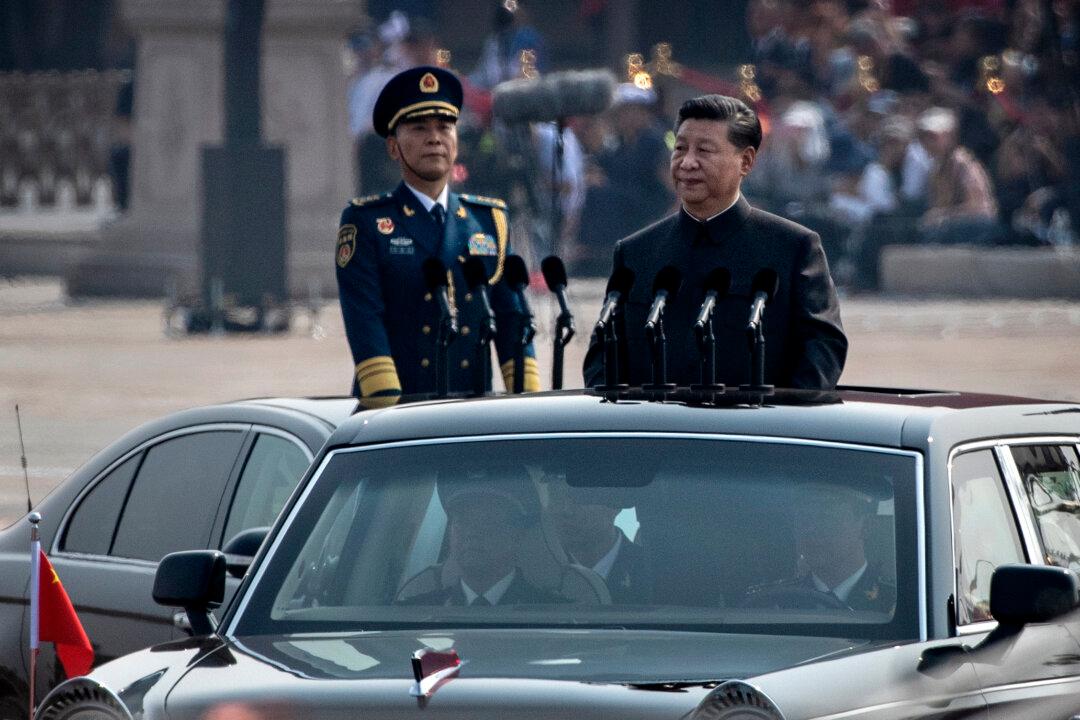Ongoing tensions between China and the greater international order require different solutions than were used during the Cold War, according to an ambassador from Japan. That means decoupling, the proposed process of wholly detaching from China economically, is unlikely.
“China is a different country than the Soviet Union in the Cold War,” said Koji Tomita, the ambassador from Japan to the United States.




